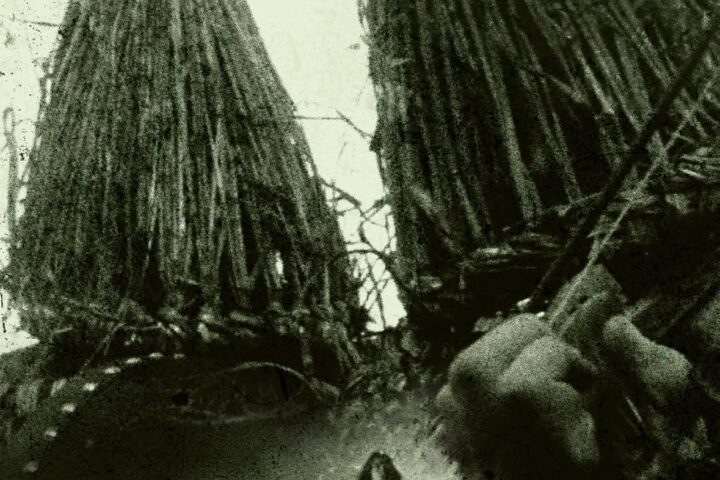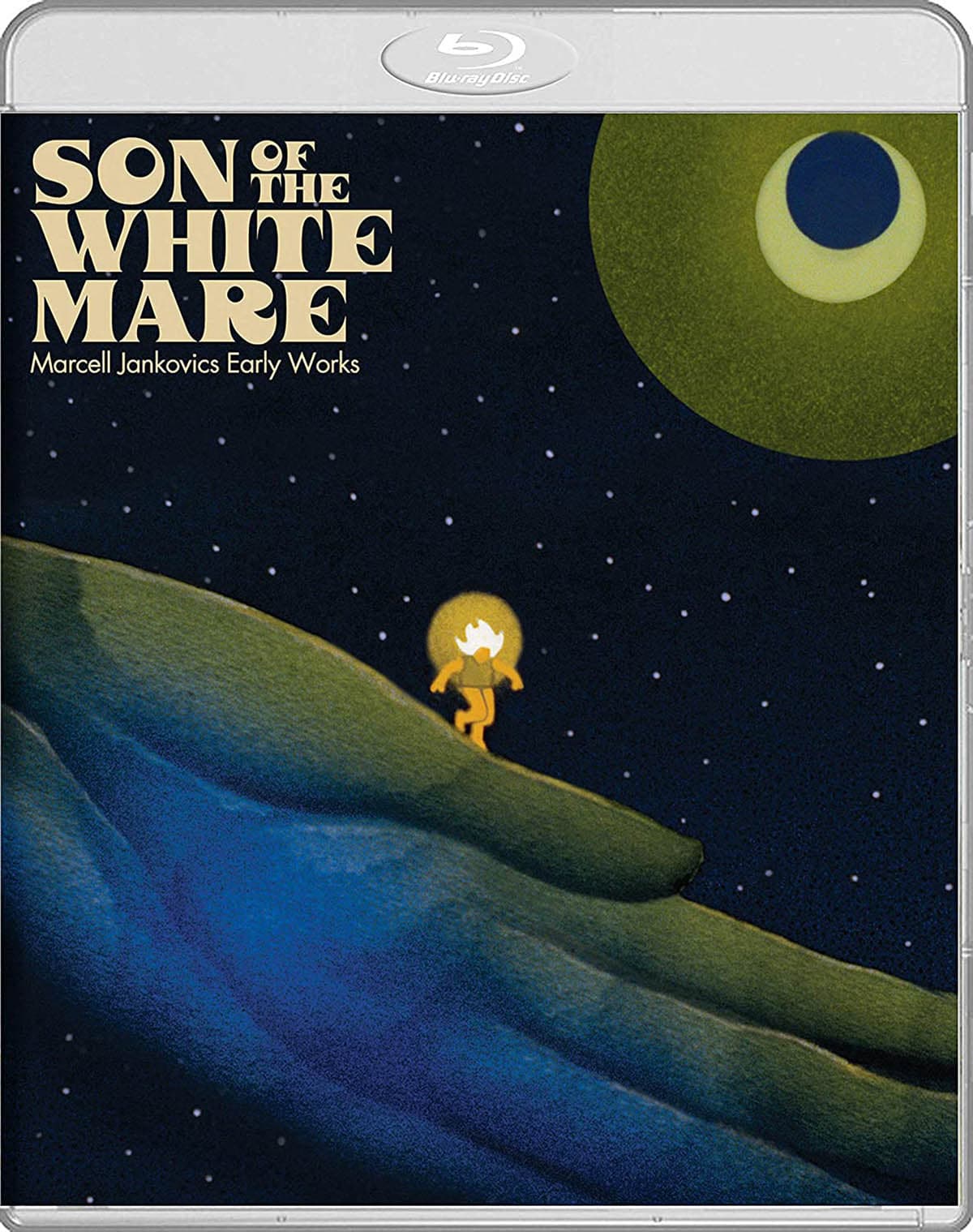Martin Ritt’s The Spy Who Came in from the Cold, adapted from the 1963 John le Carré novel of the same name, might be one of the coolest movies ever made, in all senses of the word. Literally, because the characters always seem to be pulling their jackets against their necks while tucking into offices or bars for refuge from the wind. Figuratively, because Ritt orchestrates the film’s ebb and flow of emotions with a finesse that’s chilling.
The characters could be discussing tea, or liquor, or a brilliant plot to indirectly assassinate a powerful East German intelligence officer or his ambitious underling interrogator, or something else altogether, and you wouldn’t be able to tell the difference from a cursory evaluation of the conversation’s tone. You would have to look deeper at inflection and context, and you’d have to probably be familiar with decades of global politics and theoretically suppressed British intelligence gathering, in order to fully understand what anyone is actually saying.
The despairing joke, taken straight from le Carré’s bestselling novel, is that no one really does totally know what anyone else is saying. Spy fiction often allows a reader to indulge an empowering fantasy of possessing otherwise unattainable knowledge, but le Carré’s books expose that notion for the wishful thinking it probably always is.
To be a spy in le Carré’s fiction, and the author famously lived a bit of what he wrote, is to have knowledge that alienates you from the rest of the world. The knowledge you possess, as a le Carré spy, only underlines how much you still don’t know, and this realization transforms life into a series of stifling paradoxes: The world is huge, yet claustrophobically contained in an endless procession of anonymous bars and backrooms, and every problem reveals a hundred more upon its solution, like a great hydra. In other words, the le Carré spy ultimately knows that he knows nothing, and that perhaps there’s no overriding something to know, which might be as close as a bureaucracy can come to proving that God doesn’t exist.
Ritt leans too heavily on the familiar aesthetics of noir as a means of expressing le Carré’s’s view of spies as sad, pretentious cogs trading euphemisms in operations that are frequently revealed to be beside the point anyway. The Spy Who Came in From the Cold is one of the most beautiful of all black-and-white films, but the stark expressionism tends to overshadow le Carré’s tendency for bone-dry gallows humor, which is often concerned with the hideous disconnect between the characters’ behavior and the (often probably justified) immoralities they orchestrate. There’s usually a hint of the farcical in le Carré’s work, explicit in both The Tailor of Panama and the terrific film that was made from it, and Ritt mostly eschews that element, with the notable exception of Cyril Cusack’s wicked portrayal of Control.
But The Spy Who Came in From the Cold is still a fabulous, distinctive movie that revels in the precision and density of conversation as warfare. Talk and gesture are the characters’ livelihood in le Carré’s world of Cold War espionage, and Ritt affords his superb cast the room to invest the language with the full virtuosic hall-of-mirrors ambiguity it deserves, partially by achieving a painterly atmosphere of emptiness that ironically contrasts with the complicated thicket of ever-shifting loyalties that propel the story. Terrible things happen in this film, quietly, while people talk to one another in even tones in drab, hollow rooms.
The exception in this world is Circus operative Alec Leamus, who doesn’t do anything quietly, mostly because he’s played by Richard Burton in a performance, uncharacteristically subdued by his standard, that nevertheless impressively sustains the illusion of gloriously upsetting Ritt’s careful tonal arrangements. Burton particularly contributes, poignantly and somewhat unintentionally, to the film’s ironic exploration of Leamus as a man who’s forced to theatrically accentuate his own demons in order to coax down the enemy’s defenses, an assignment that eerily resembles Burton’s assimilation of his own reputed proclivities (namely, the alcoholism and aversion to authority) into the role. In his greatest performance, Burton turns le Carré’s thriller of heightened protocol into a song of the damned, merging le Carré’s fictionalized pseudo-autobiography with his own.
Image/Sound
Masters of Cinema’s HD presentation of the film, now available on Region B Blu-ray, is every bit as impressive as the one that Criterion used for their 2013 release. Contrast is strong and well-defined throughout, while the healthy grain ratio helps to ensure a film-like quality to the picture. Image detail is outstanding as well, allowing the cracks in every weather-beaten wall and each wrinkle in Richard Burton’s world-weary face to really come through. On the audio side, the Linear PCM track is as crisp and exacting as Control’s overarching scheme.
Extras
While Masters of Cinema’s transfer is comparable to Criterion’s, the extras here are all new. Film critic Adrian Martin provides a great audio commentary, paying particular attention to the film’s relationship to John le Carré’s source novel and to rehabilitating the reputation of director Martin Ritt, who was often written off by critics in the 1950s and 1960s as a largely pedestrian journeyman. Martin offers astute and compelling evidence of Ritt’s visual acumen, at one point comparing him to Sidney Lumet, especially in his use of mise-en-scène to convey power dynamics. In his 23-minute video essay, critic and filmmaker David Cairns focuses more on the personal lives of those involved with The Spy Who Came in from the Cold, from Ritt’s experience with the blacklist to le Carré’s work as a spy, and how that played into the general bleakness and deglamorization of spycraft in the film. The package also comes with an essay by critic Richard Combs, who expounds the film’s knotty plot and discusses how its very complexity plays into its protagonist’s bitter, disillusioned perspective on the world.
Overall
Masters of Cinema has outfitted its release of this spy classic with a sparkling transfer and new extras that offer ripe interpretations of the film and the undersung Martin Ritt’s work.
Since 2001, we've brought you uncompromising, candid takes on the world of film, music, television, video games, theater, and more. Independently owned and operated publications like Slant have been hit hard in recent years, but we’re committed to keeping our content free and accessible—meaning no paywalls or fees.
If you like what we do, please consider subscribing to our Patreon or making a donation.




